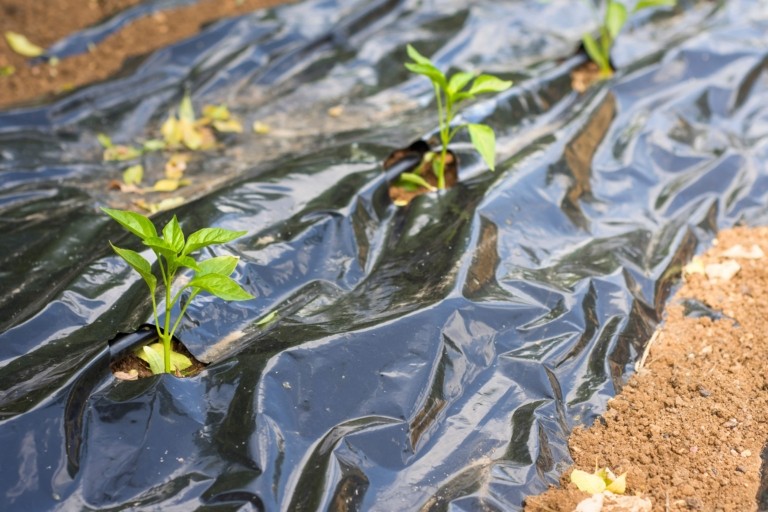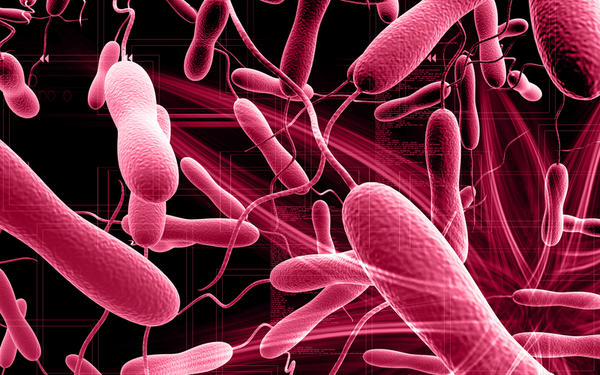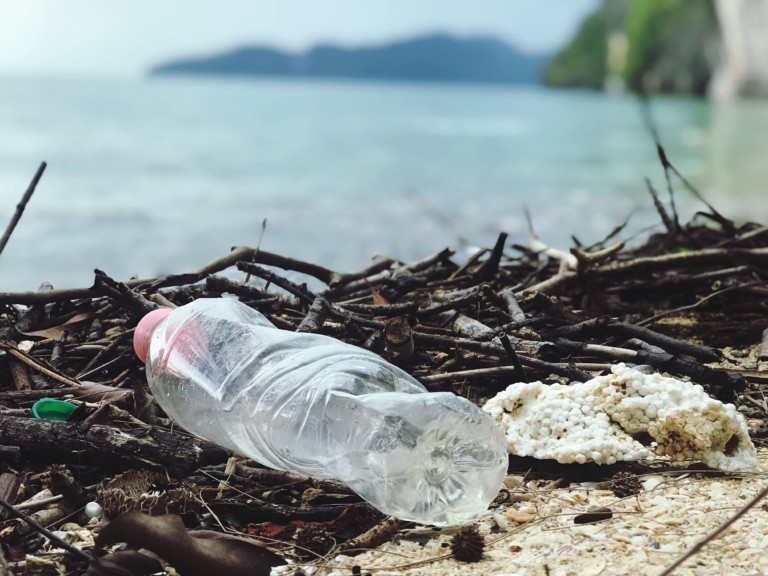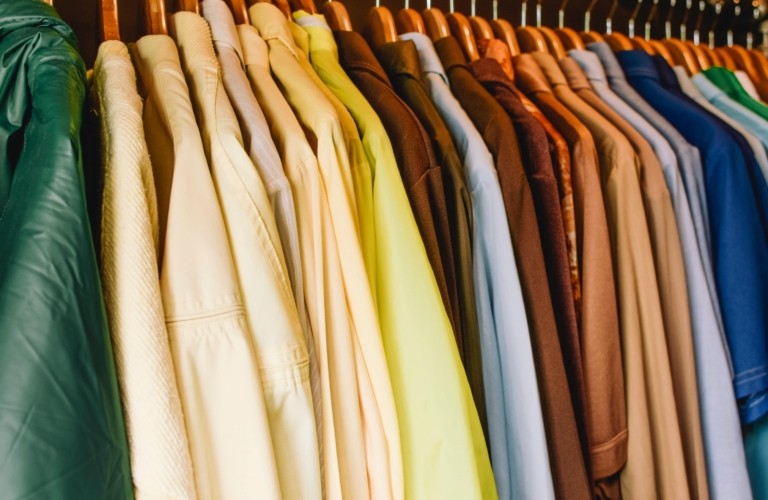
Hadad D, Geresh S, Sivan A.
Source
Department of Biotechnology Engineering, Ben-Gurion University of the Negev, Beer Sheva, Israel.
Abstract
AIM:
To select a polyethylene-degrading micro-organism and to study the factors affecting its biodegrading activity.
METHODS AND RESULTS:
A thermophilic bacterium Brevibaccillus borstelensis strain 707 (isolated from soil) utilized branched low-density polyethylene as the sole carbon source and degraded it. Incubation of polyethylene with B. borstelensis (30 days, 50 degrees C) reduced its gravimetric and molecular weights by 11 and 30% respectively. Brevibaccillus borstelensis also degraded polyethylene in the presence of mannitol. Biodegradation of u.v. photo-oxidized polyethylene increased with increasing irradiation time. Fourier Transform Infra-Red (FTIR) analysis of photo-oxidized polyethylene revealed a reduction in carbonyl groups after incubation with the bacteria.
CONCLUSIONS:
This study demonstrates that polyethylene–considered to be inert–can be biodegraded if the right microbial strain is isolated. Enrichment culture methods were effective for isolating a thermophilic bacterium capable of utilizing polyethylene as the sole carbon and energy source. Maximal biodegradation was obtained in combination with photo-oxidation, which showed that carbonyl residues formed by photo-oxidation play a role in biodegradation. Brevibaccillus borstelensis also degraded the CH2 backbone of nonirradiated polyethylene.
SIGNIFICANCE AND IMPACT OF THE STUDY:
Biodegradation of polyethylene by a single bacterial strain contributes to our understanding of the process and the factors affecting polyethylene biodegradation.
http://www.ncbi.nlm.nih.gov/pubmed/15836478



